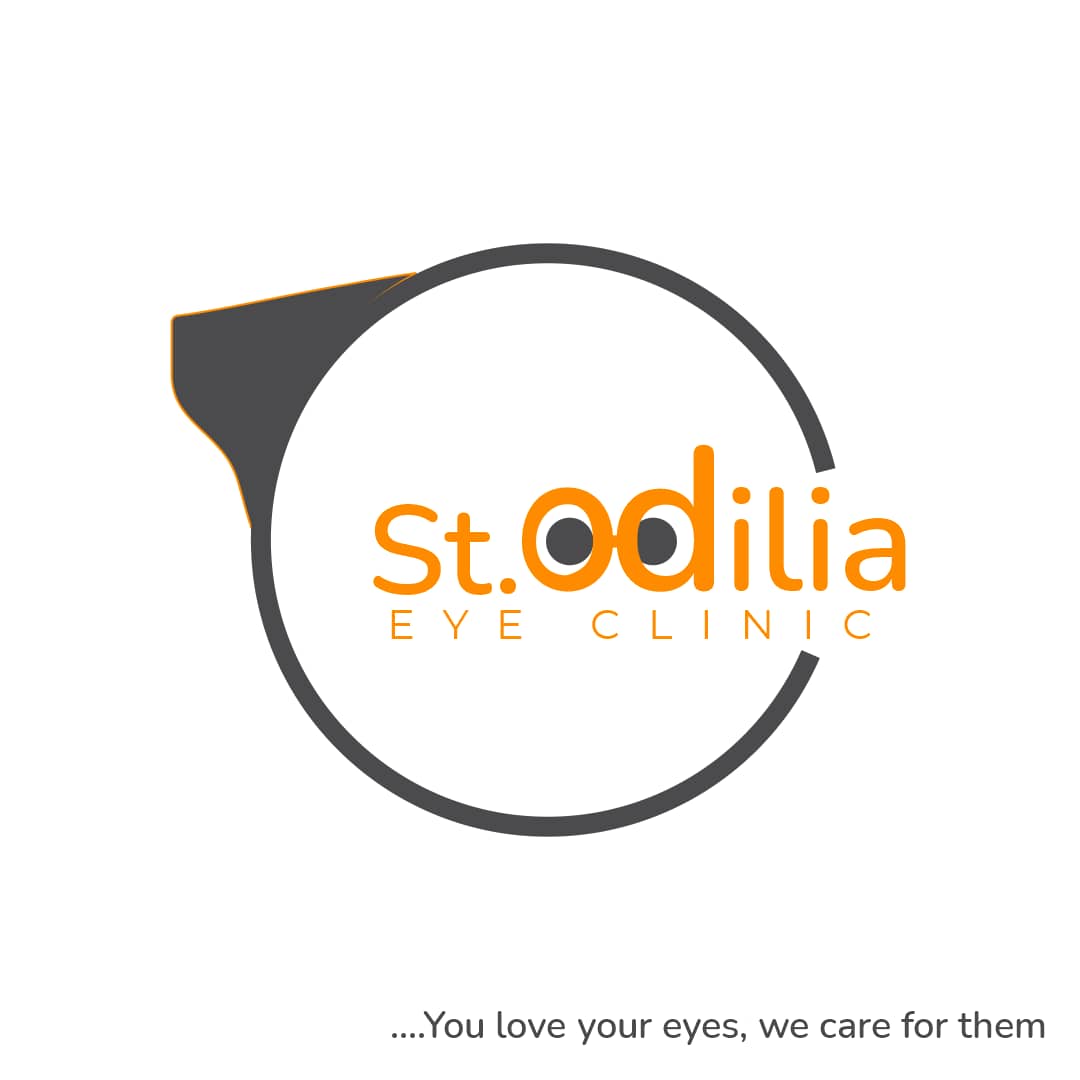Nov. 1, 2023
Y o u l o v e
y o u r v i s i o n
w e c a r e
f o r t h e m
glaucoma is a group of related eye disease that causes damage to the optic nerve. the optic nerve is a wire-like tissue that carries information from the eye to the brain. it is a progressive disease that presents with irreversible loss of vision.
what are the symptoms and signs of glaucoma?
glaucoma often is called a ‘silent thief of sight’ being that it presents with no noticeable symptoms till vision loss becomes manifest. hence, glaucoma most times progresses undetected with no pain and normal vision until the optic nerves already has been damaged. the vision loss in glaucoma is gradual, affecting the central vision at an advance stage. this is often when most people with undetected glaucoma begins to seek eye care.
however, with a type of glaucoma called the acute angle closure-glaucoma, there is a sudden presentation of some tale symptom, usually pain, redness, blurry vision e. t. c
who is at risk of developing glaucoma?
anyone can develop glaucoma. however, some people are at higher risk than others.
age: elderly people are at higher risk.
increased eye pressure of over 21+/- mmhg.
family history of glaucoma, such that any of the parents or siblings has glaucoma.
ethnic background: people of black, asian or hispanic heritage
some eye conditions and some eye injuries.
some health challenges that may affect blood flow such as migraines, diabetes, low and high blood pressure.
is glaucoma treatable?
glaucoma is not treatable, but it can be managed. the key to proper management of glaucoma is early detection. once glaucoma is detected at early stage and treated initiated immediately, the progression of the disease and vision loss will be delayed or prevented
how is glaucoma detected?
glaucoma can be detected during a comprehensive eye assessment by a trained eye care giver. the optometrist/ophthalmologist conducts a series of eye tests to ascertain presence of glaucoma.
vision screening exercise also can identify people at high risk of developing glaucoma.
what should i do if i have glaucoma?
for someone diagnosed of glaucoma, the person should adhere to the prescribed treatments and should always go for eye check as instructed.
the person should always endeavor to check his eye pressure because this is the most controllable risk of glaucoma.
